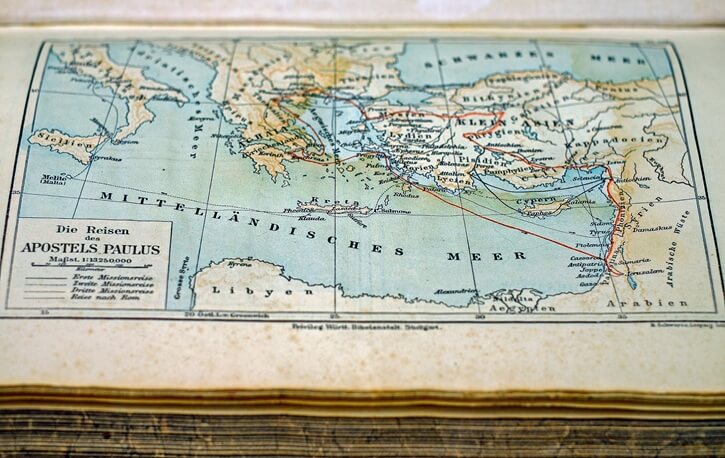The narratives of historical events originate in antiquity with the great historians Herodotus, Thucydides, and Xenophon on the Greek side, and Cicero, Caesar, Livy, and Tacitus on the Roman. Thus the study of ancient history always begins with the examination of these surviving classical texts. But other kinds of historical sources—inscriptions, papyri, coins, and archaeology--must also play their roles in the larger understanding of the subject matter of what the ancients, and we, regard as “history.” Nor has history’s “subject-matter” remained unchanged from antiquity. The Persian Wars, the Peloponnesian War, the campaigns of Alexander the Great, the Punic Wars, the conquest of Gaul, the Roman Revolution, the Decline and Fall of the Roman Empire—all are typical of the political and military topics and interests of the ancient writers. But in modern times the scope of historical inquiry has expanded to include as well the study of women, children, foreigners, and the ubiquitous practice of slavery—in short, the whole of classical society in all its diversity. Add to these new subjects the specialized study of Greek and Roman cultural institutions—entertainment, clothing, diet, athletics, law, medicine, and the sciences, for example—and it is clear that “ancient history” now encompasses the reconstruction, over time, of the emergence and evolution of classical civilization in all its dimensions.

Related Faculty
- A. J. Korzeniewski
- Andrew Wein
- Carrie L. Sulosky Weaver
- Christian Wildberg
- D. Mark Possanza
- Ellen Cole Lee
- Grace Funsten
- Jacques A. Bromberg
- John Newell
- Joshua Cannon
- Maggie Beeler
- Marcie Persyn
- Nicholas F. Jones
- Sarah Brucia Breitenfeld
- Wesley B. Scott
Publications
- The Poet, the Puella, and the Penis: Impotence and Elegiac Failure in Maximianus and Ovid
- A Learned Dog: Roman Elegy and the Epitaph for Margarita
- May the Thief Become as Liquid as Water: Persuasion and Power in a Curse Tablet from Roman Bath
- Affective Entanglements: Shifting Attitudes Toward the Ancient Greek Body
- Stepmothers: The Enemy Within. An exploration of the hostile stepmothers in Euripides
- Divina Mens: Imperial Propaganda in De architectura 6.1
- Marginalised Populations in the Ancient Greek World: The Bioarchaeology of the Other
- Gender roles and non-binary representation in Ptolemaic and Roman Egypt
- Cultural exchange and colonization: considering Roman-Italian relations within the context of contemporary postcolonial literature and theory
- Sport and Peace: Panhellenic Myth-Making and the Modern Olympics
- Lucilius Philosophos? Manipulation of Greek Philosophy in the Early Roman Satires
- Global Classics
- Pax Olympica: The Rhetoric and Ideology of the Olympic Truce
- To Include or Exclude? Marginalization of the Deformed in the Classical Greek World
- Peace through Sport: Modern Lessons from Ancient Sources
- An Analysis of Byzantine Burials from Hacımusalar Höyük (Turkey)
- Proclus of Athens: A Life
